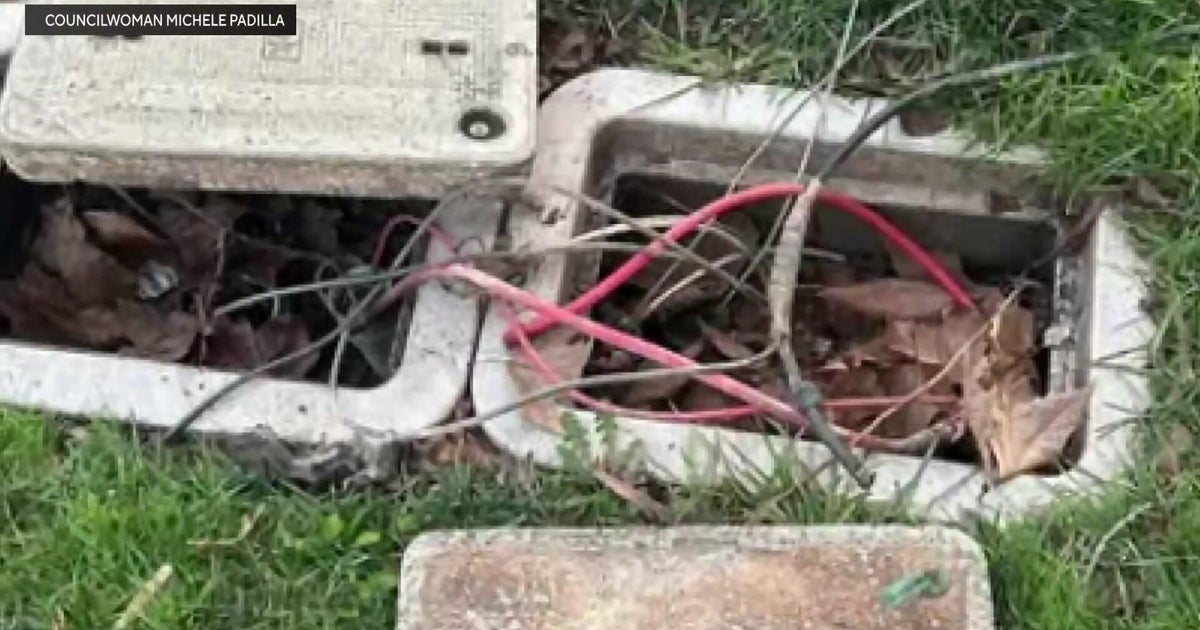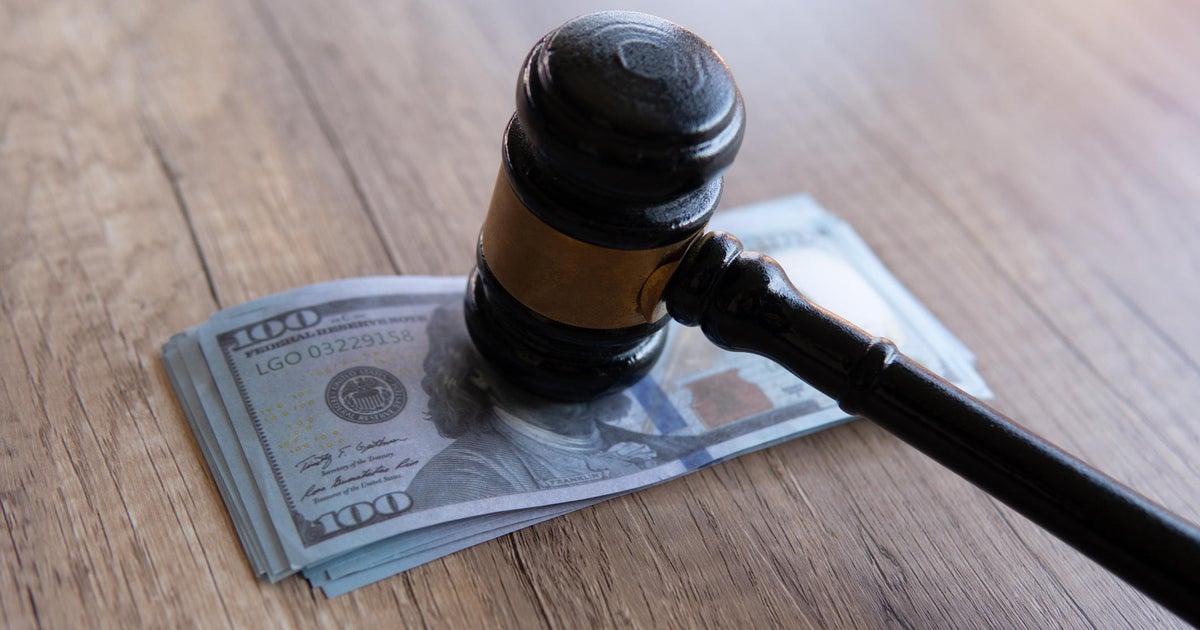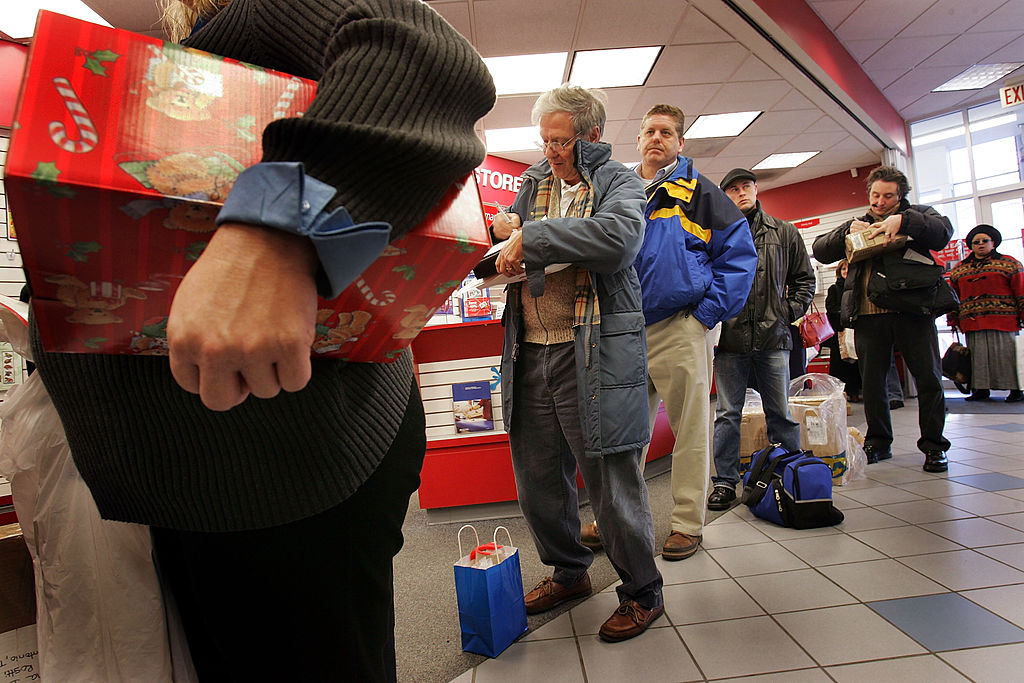Avoid mailing your checks, experts warn. Here's what's going on with the USPS.
A surge in crimes targeting the U.S. Postal Service has some experts warning Americans against sending their checks through the mail.
The USPS last month cautioned that it has seen an increase in attacks on letter carriers and mail fraud incidents, with 305 mail carriers robbed in the first half of fiscal year 2023, on pace to exceed the previous year's 412 robberies. At the same time, fraudsters are targeting mailboxes, either stealing letters directly from residents' homes or from the blue USPS collection boxes, the postal service said.
The rise in crime targeting postal carriers and mailboxes heightens the risk that mailed checks could be stolen, as has been documented in incidents across the nation. For instance, a rash of thefts from blue collection boxes in Milwaukee led to the break up last month of a criminal ring. The suspects allegedly used stolen "arrow keys," or a universal USPS key that opens mail collection boxes, to pilfer mail, including more than 900 stolen checks, according to a criminal complaint.
The theft issues have prompted the USPS to advise that Americans avoid depositing mail in blue collection boxes or leaving it in their own mailboxes for a carrier to pick up. Instead, the agency is now recommending that patrons come inside their local post office to securely send mail.
Experts concur with the advisory to only mail checks at the post office.
"If you are choosing to mail a check, it is always recommended that you use a secure mail drop such as inside a post office versus an unsecured public-facing mailbox," Caitlin Driscoll of the Better Business Bureau told CBS Pittsburgh.
Why is mail theft on the rise?
In an email to CBS MoneyWatch, the U.S. Postal Inspection Service said mail theft is increasing as part of a broader national trend of "increased crime patterns."
The U.S. Postal Inspection Service reported roughly 300,000 complaints about mail theft in 2021, more than double the prior year's total. In some cases, criminals are attacking mail carriers and stealing their deliveries. In others, fraudsters are using arrow keys to gain access to postal boxes to take letters, checks and other valuables.
A 2020 report from the postal service's Office of Inspector General found that the agency didn't know how many arrow keys were in circulation or how many had been stolen, raising concerns about the security of collection boxes.
What is the USPS recommending?
The U.S. Postal Service said that people should avoid allowing either incoming or outgoing mail from sitting in their mailboxes for too long.
"You can significantly reduce the chance of being victimized by simply removing your mail from your mailbox every day," the agency said in a statement.
The agency also recommends that people post mail inside their local post office or at their workplace; alternatively, they can hand their mail directly to a mail carrier. However, the USPS itself hasn't issued any specific guidance on mailing checks, the U.S. Postal Inspection Service told CBS MoneyWatch.
"Our recommendations are provided as an extra precaution for those who feel more comfortable taking their mail to the Postal Office," the agency said.
What could happen if my check is stolen?
Thieves use a technique called "check washing" to scam you out of your money. That involves using chemicals that erase your writing on the check, such as the name of the recipient and the amount of the check. Once the payment is blank, they can fill in new information, including the amount.
In one case, a man mailed a $42 check to pay a phone bill and was shocked when it was cashed for $7,000, paid out to someone he'd never heard of. In another case, nearly 60 individuals last year were arrested in Southern California on charges of committing more than $5 million in check fraud against 750 people.
How many people still use checks?
It's true that check usage is declining, but Americans still wrote 3.4 billion checks in 2022. That's down from 19 billion checks in 1990, but it still gives criminals plenty of opportunity for fraud.





